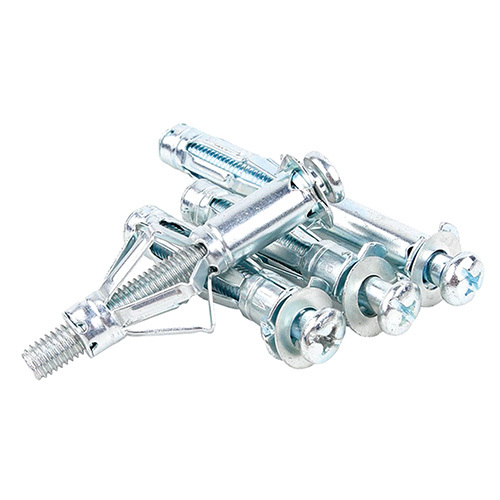What are the materials for making washers?
2024-07-26
Washers are small, flat discs with a hole in the middle that are used to distribute the load of a threaded fastener, such as a bolt or nut. They can be made from a variety of materials, each with its own advantages and disadvantages. Some common materials for making washers include:
1. Steel: Steel washers are the most common type of washers and are typically made from carbon steel or stainless steel. Carbon steel washers are strong and durable, but they can rust if not properly coated or plated. Stainless steel washers are more resistant to corrosion and rust, making them ideal for outdoor or high-moisture applications.
2. Brass: Brass washers are known for their corrosion resistance and attractive appearance. They are commonly used in plumbing and electrical applications where a non-conductive material is required. However, brass washers are softer than steel washers and can deform more easily under pressure.
3. Aluminum: Aluminum washers are lightweight and non-magnetic, making them ideal for applications where weight is a concern or where magnetic interference is a problem. However, aluminum washers are not as strong as steel washers and can be more easily damaged or deformed.
4. Nylon: Nylon washers are non-metallic washers that are lightweight, non-conductive, and resistant to corrosion. They are commonly used in electrical and plumbing applications where a non-metallic material is required. However, nylon washers are not as strong as metal washers and can deform or break more easily under pressure.
5. Rubber: Rubber washers are flexible, non-conductive, and resistant to vibration and shock. They are commonly used in plumbing and automotive applications where a cushioning effect is needed to prevent leaks or damage. However, rubber washers can degrade over time and may need to be replaced more frequently than other materials.
6. Fibre: Fibre washers are made from compressed fibers, such as paper or cardboard, and are commonly used in low-pressure applications where a soft, cushioning material is needed. Fibre washers are inexpensive and easy to replace, but they are not as durable or long-lasting as metal washers.
Overall, the choice of material for making washers will depend on the specific application and the requirements of the project. Consider factors such as strength, corrosion resistance, conductivity, and cost when selecting the appropriate material for your washers.
Keywords:
Fasteners
Washer
Hot Products
Related news
2025-05-02
Understanding Lock Washers with Double Knurling: Enhancing Fastener Performance
2025-04-29
Why Choose Lock Washers with Double Knurling for Your Next Project?
2025-04-26










